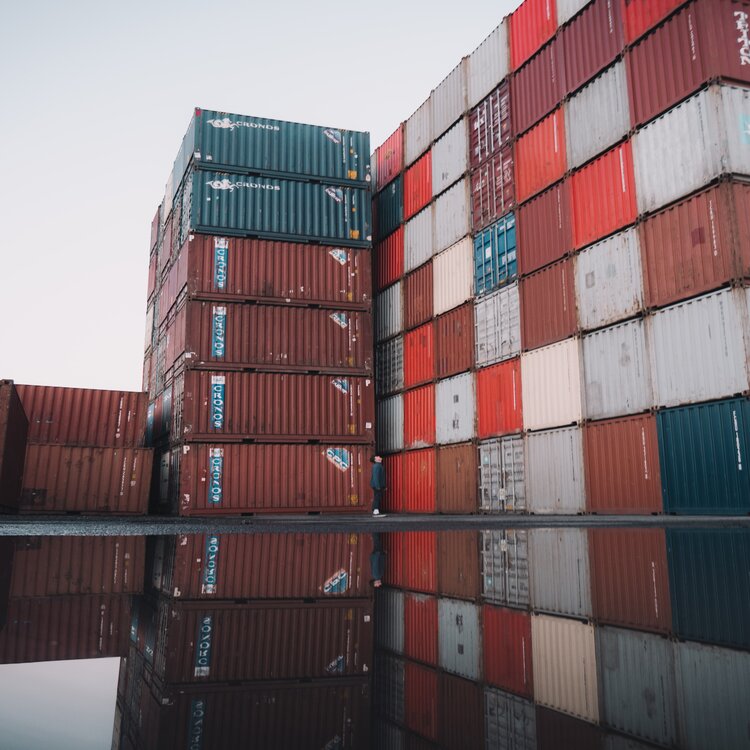RENEWED EFFORTS FOR INTERNATIONAL COOPERATION

Opinion of:
Lisa McAuley, CEO of GTPA
Dr Tomás Quesada, VP for Research and Policy of GTPA
The benefits of integrated economies have been visible in the handling of the pandemic itself
The world’s economy is facing its hardest prospect since the Great Depression. The International Monetary Fund projects a sharp contraction of the global economy of -3 percent for 2020. Global trade has been particularly affected due to supply chains disruptions, a fall in domestic consumption and investment, a reduction in the number of working hours, and the imposition of non-tariff barriers by governments. Protectionist measures already evident before the virus outbreak have now exacerbated. According to the World Trade Organisation (WTO), global trade is expected to fall by between 13% and 32% in 2020, and it is likely to fall harder in sectors with complex value chains.
In the current context as well as in the years of economic recovery ahead, the multilateral trade system and other international trade fora will be essential to channel international cooperation for developing and least developed countries (LDCs); to support micro, small and medium enterprises (MSMEs); and to uphold the rules-based trade system to resist protectionism. The Global Trade Professionals Alliance (GTPA) is actively participating in several initiatives at the multilateral level and in international organisations to continue making global trade more resilient, inclusive, and innovative.
The GTPA has continued advocating to avoid protectionism, which is more likely to hurt small businesses and broaden the gaps between developed and developing nations, and certainly between the former and LDCs. Before the pandemic, LDCs were already struggling to double their exports due to the global economy’s slowdown and other protectionist-like measures such as the “trade wars”. Once the pandemic is controlled and trade flows are re-established, LDCs will still need to continue building their export capacity, improving their productivity, diversifying their economies, and supporting MSMEs through international and domestic policies and aid for trade initiatives, even more so now than before.
Multinational corporations (MNCs) will also have to do their part to enhance the sustainability, security, ethical conduct, traceability, and diversification of their supply chains. The latter would not only be key to restart supply chains in a more rapid way but also to increase the participation of MSMEs in global value chains (GVCs). There is no other route to economic recovery than deepening global trade and economic integration: more than two-thirds of world trade occurs through GVCs, which remain the principal source for value creation in products and services, and therefore, in wealth and prosperity. GVCs will not disappear but will continue transforming mainlydue to technological developments and digital transformation of big and small businesses.
The GTPA will also continue to advocate for other initiatives on e-commerce and digital services, which would be crucial in the years ahead in driving the economic recovery of MSMEs and guaranteeing their participation in GVCs. This includes advocating in other international fora for the development of harmonised international standards and their universal use to facilitate trade, build integrity in supply chains, and enhance inclusion.
At the most recent meeting of the MSMEs Informal Group of the WTO, GTPA CEO, Lisa McAuley, outlined policies that domestic governments and the multilateral trade system must embrace under the current circumstances:
- Avoid national protectionism: While there are some obvious measures that businesses must take to keep their businesses running or that governments must implement to protect the health of their citizens, these measures should be temporary. A rise in protectionism would not only slow down the recovery of the international economy as a whole but would also make the recovery of MSMEs harder. Sourcing locally is usually not an option for MSMEs.
- Secure freight channels: This is essential to ensure the mobilisation of medicines, medical devices, testing kits, as well as of food and other essential supplies. Although many governments and industry chambers have pledged to ensure supply chains remain open, these calls will be curtailed if the freight industry continues to close operations. Targeted support packages to the freight industry are necessary to avoid public alarm due to shortages. The benefits of integrated economies have been visible in the handling of the pandemic itself. Many countries have imported ventilators, masks, gloves, medical devices, and testing kits that they don’t manufacture.
- Transparency on non-tariff measures: Protectionism comes in multiple forms. We are going to witness the rise of a series of non-tariff measures, probably some of them justified, that will affect trade. Transparency and continuous assessments of the practicality of those measures must be encouraged. Clear and rapid guidelines and advice from the WTO on this matter could help countries to navigate these circumstances from a regulatory perspective.
- Tailored support to MSMEs: As governments provide support to businesses, MSMEs must receive tailored support. Monitoring is essential to ensure this support is appropriate and that it addresses the needs of MSMEs and their recovery efforts.
Finally, on the shared task of upholding the rules-based trade system to resist protectionism, the GTPA welcomes the commitment of developed and developing governments as well as of business chambers and industry coalitions to maintain global supply chains open. The Organisation also welcome the establishment in late March this year of an interim arrangement to bring appeals and solve trade disputes at the WTO, after months of paralysis of its Appellate Body due to contention about its appointments.
Conditions for global trade were far from normal before the outbreak and will certainly not be normal after it recedes. While multiple businesses will have to reinvent themselves, this should not entail substituting proven sources of global prosperity creation like economic integration and free trade. Yet, renewed efforts for international cooperation will be needed to lift the more vulnerable groups, including MSMEs, and to maintain the soundness of the multilateral trading system.